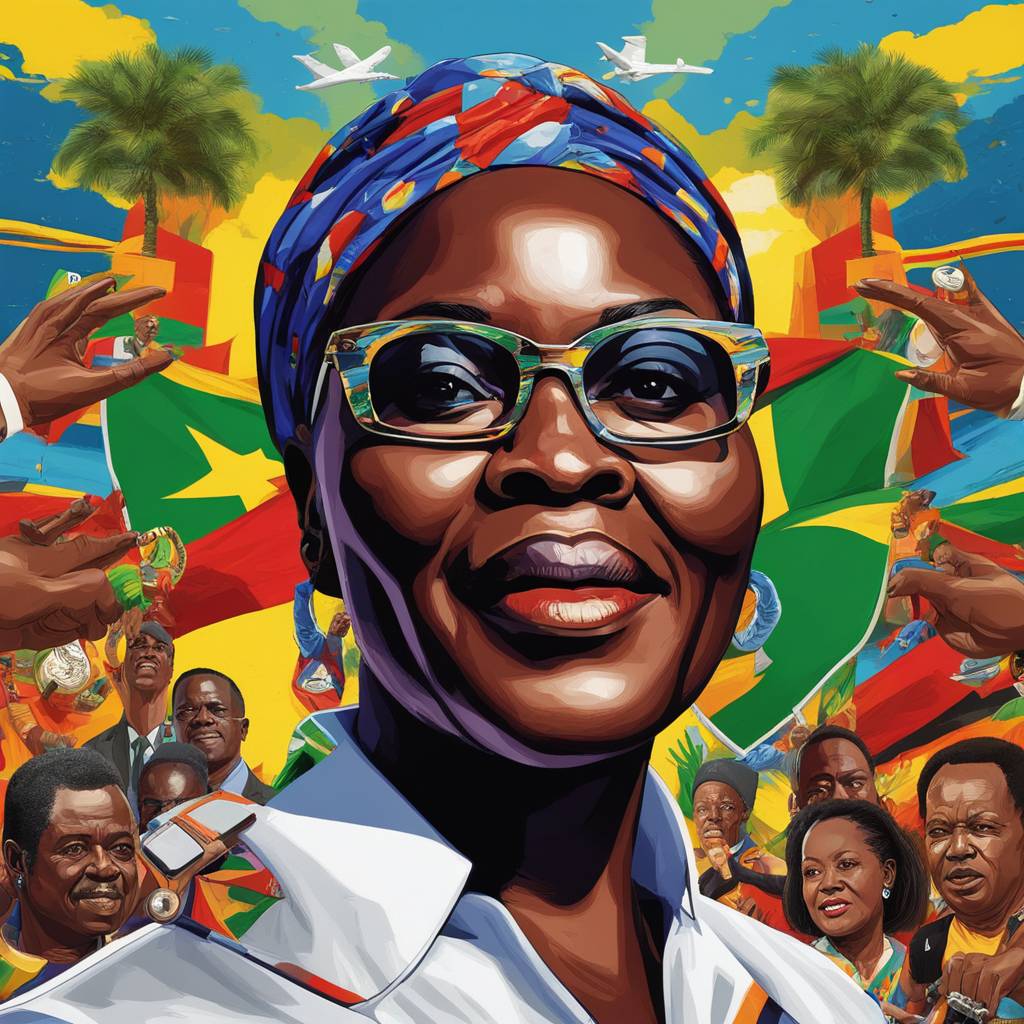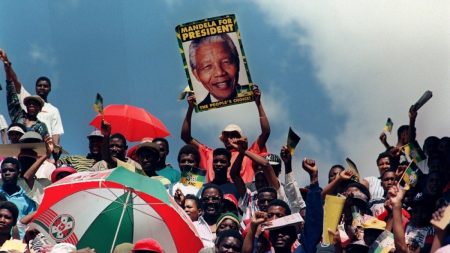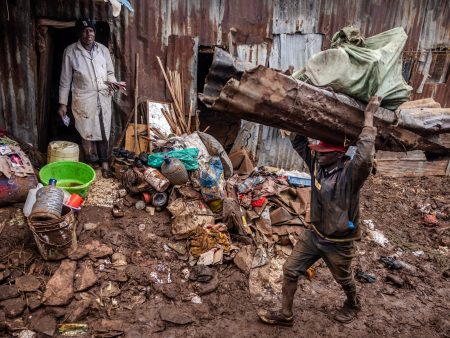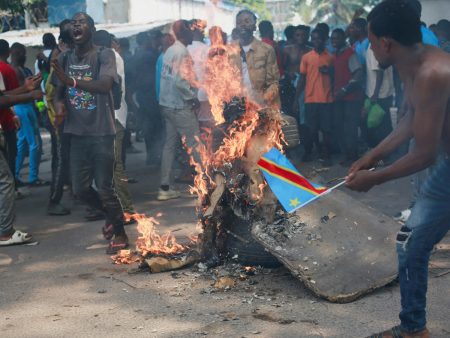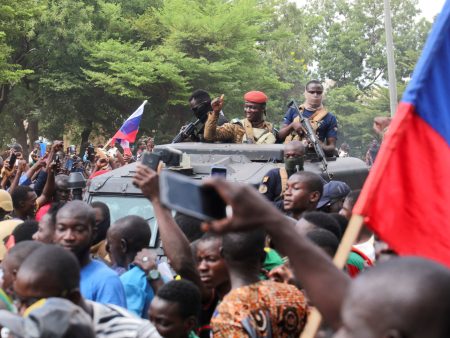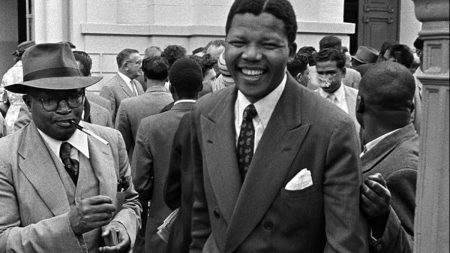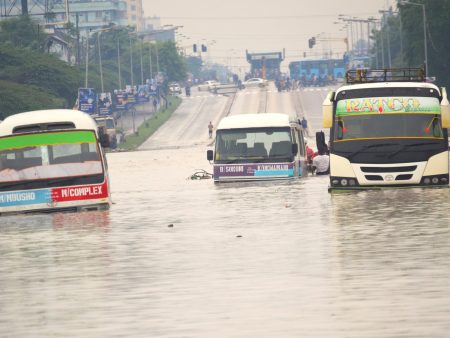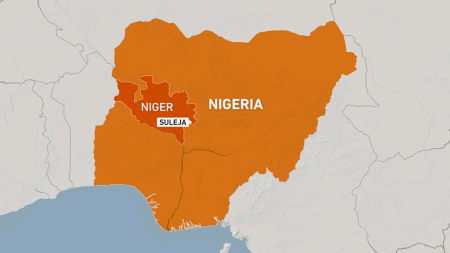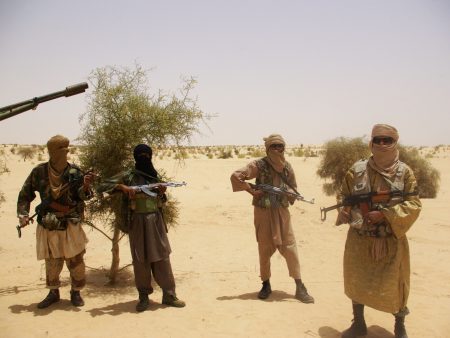The recent presidential elections in Senegal saw opposition candidate Bassirou Diomaye Faye taking the lead, prompting celebrations among his supporters in Dakar. Faye, a left-wing populist, has been a vocal critic of President Macky Sall’s government, accusing it of corruption and failing to address poverty. Faye, who was released from prison alongside his mentor Ousmane Sonko, ran as an independent candidate after Sonko was disqualified due to a defamation conviction. Faye’s victory would signify a shift in Senegal’s political landscape and a potential opportunity for change.
Faye’s policies include a focus on combating corruption, restoring stability, and prioritizing economic sovereignty. He aims to address unemployment, particularly among the youth, by renegotiating contracts in the mining and hydrocarbon sectors. He also plans to replace the CFA franc, a currency pegged to the euro and backed by the French treasury, with a new national currency. These proposed changes reflect Faye’s commitment to addressing economic challenges in Senegal and promoting independence from colonial-era structures.
The elections featured a diverse field of nineteen candidates, including Amadou Ba, who was backed by President Sall. Ba, Senegal’s former prime minister, was the main rival to Faye in the race. Other candidates included former Prime Minister Mahammed Boun Abdallah Dionne and Khalifa Sall, the former mayor of Dakar. The election also saw the participation of Anta Babacar Ngom, Senegal’s only female candidate, who runs the country’s largest poultry company. With a significant voter turnout of 71 percent, the stage is set for an important transition in Senegalese politics.
President Sall’s decision not to seek a third term marked a significant moment in Senegal’s political history. The country has been grappling with issues of term limits, with former President Abdoulaye Wade successfully campaigning for a third term despite initially imposing a two-term limit. The results of the elections, expected to be announced soon, will shape the future of democracy in Senegal. Faye’s victory would represent a shift away from the status quo and potentially signal a new era of governance in the country.
The implications of Faye’s win go beyond Senegal’s borders, as the country’s democratic credentials are seen as a beacon of hope in West Africa. With a history of political stability and a commitment to democratic principles, Senegal has avoided military coups and maintained a relatively peaceful political environment. The incoming administration faces numerous challenges, including addressing unemployment, renegotiating contracts, and restoring public trust in government institutions. The success of Faye’s presidency will depend on his ability to deliver on his promises and navigate the complex political landscape of Senegal.





